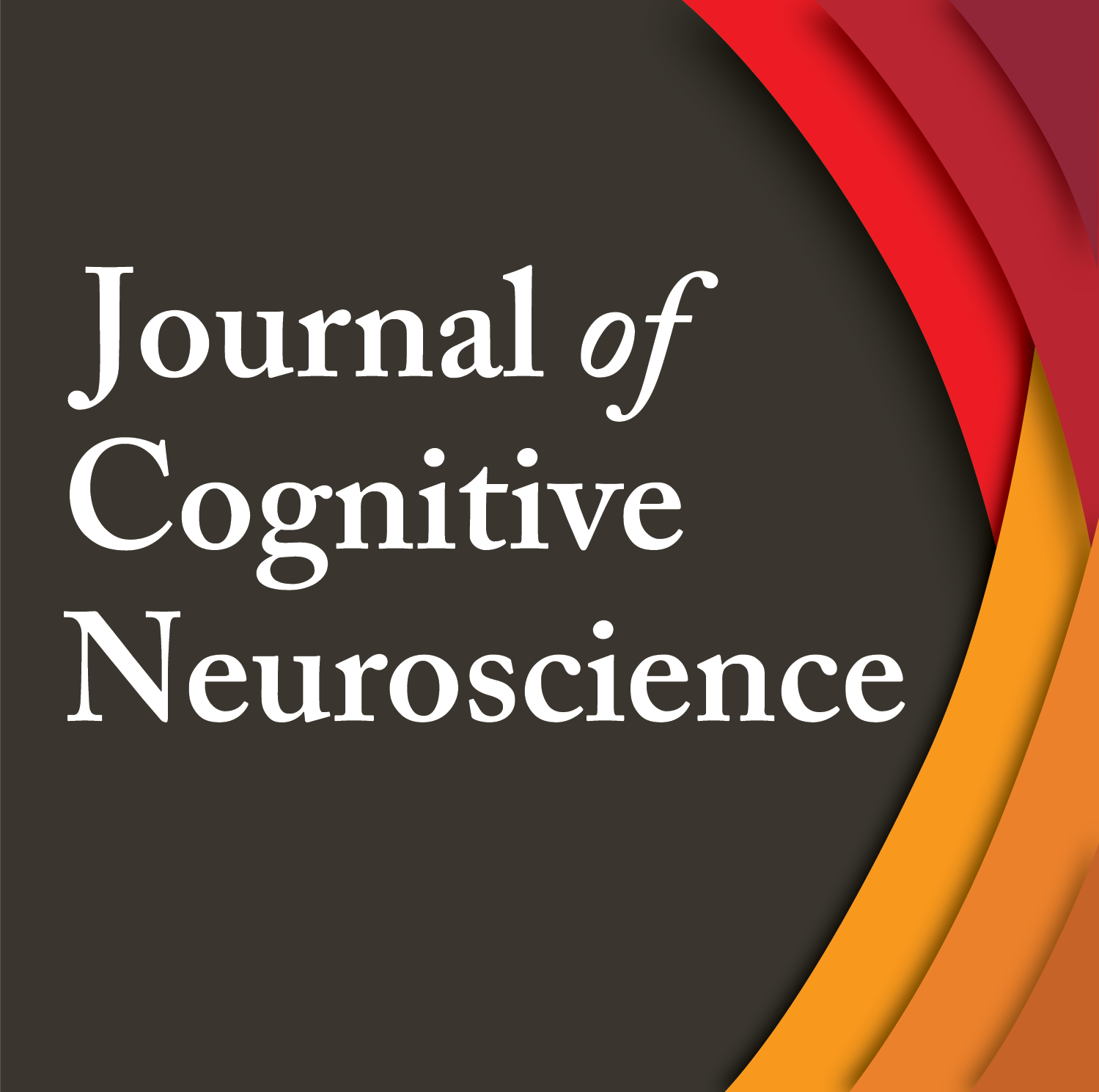Abstract
It is widely acknowledged that the prefrontal cortex plays a major role in cognitive control processes. One important experimental paradigm for investigating such higher order cognitive control is the task-switching paradigm. This paradigm investigates the ability to switch flexibly between different task situations. In this context, it has been found that participants are able to anticipatorily prepare an upcoming task. This ability has been assumed to reflect endogenous cognitive control. However, it is difficult to isolate task preparation process from task execution using functional magnetic resonance imaging (fMRI). In the present study, we introduce a new experimental manipulation to investigate task preparation with fMRI. By manipulating the number of times a task was prepared, we could demonstrate that the left inferior frontal junction (IFJ) area (near the junction of inferior frontal sulcus and inferior precentral sulcus), the right inferior frontal gyrus, and the right intraparietal sulcus are involved in task preparation. By manipulating the cue-task mapping, we could further show that this activation is not related to cue encoding but to the updating of the relevant task representation. Based on these and previous results, we assume that the IFJ area constitutes a functionally separable division of the lateral prefrontal cortex. Finally, our data suggest that task preparation does not differ for switch and repetition trials in paradigms with a high proportion of switch trials, casting doubt on the assumption that an independent task set reconfiguration process takes place in the preparation interval.

